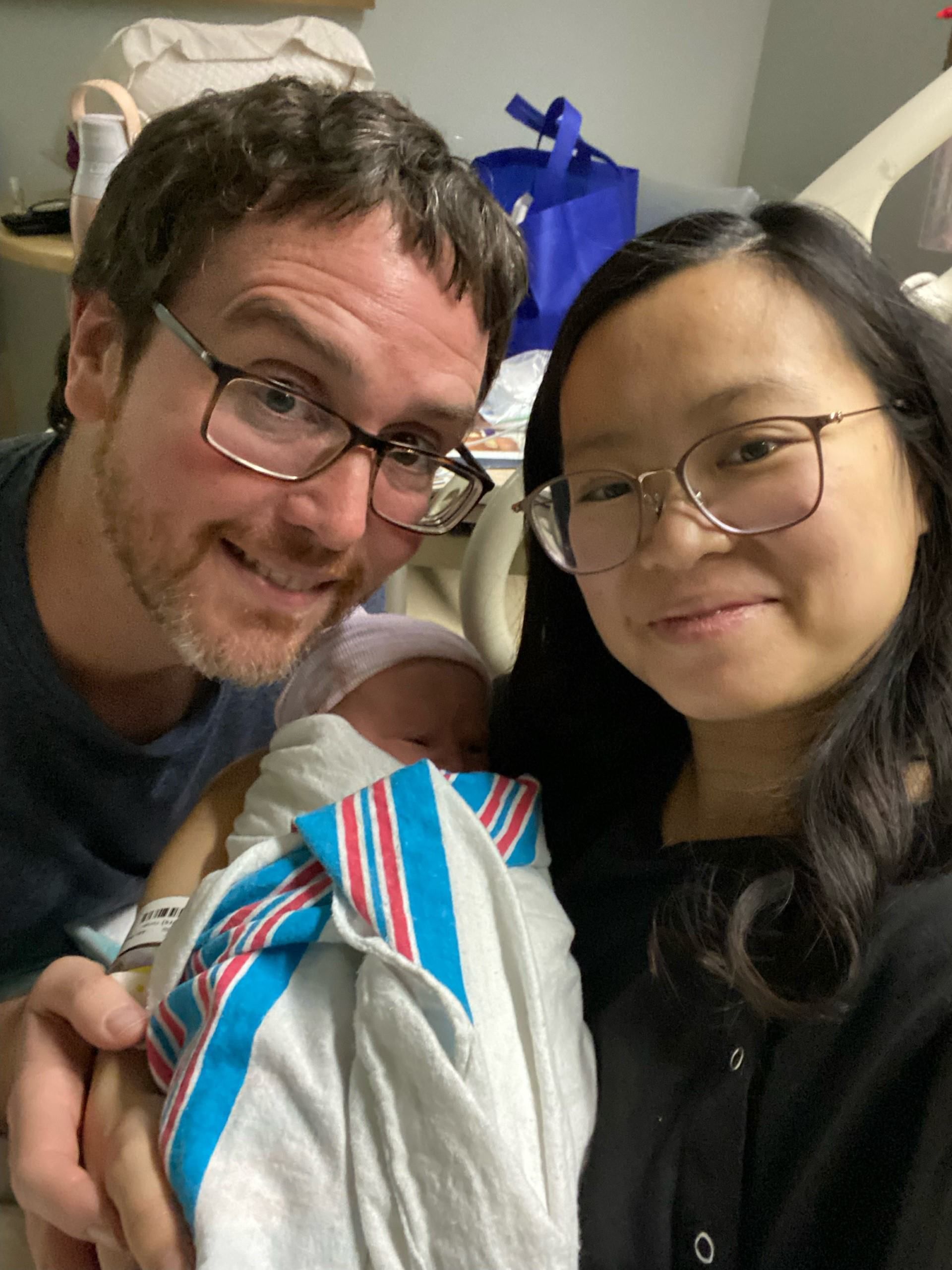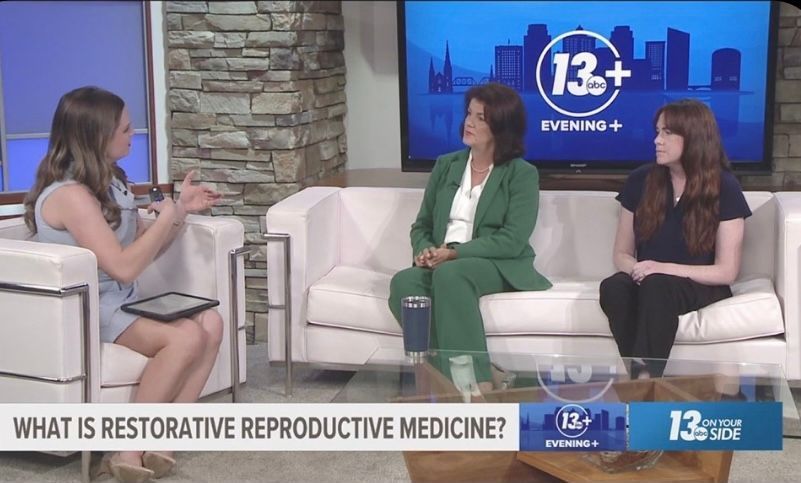What is Endometriosis?
March is National Endometriosis Awareness Month. Endometriosis affects about 1 in 10 women worldwide, yet many don’t know much about this condition. Shannon Cohn, producer of the documentary, Endo What?, states, “Women still go to an average of 6-8 doctors for 8-10 years before they are diagnosed. They are still told it’s in their heads, that pregnancy and hysterectomy are cures, and that pain is normal.” In her recent TEDx talk, she refers to the condition as “the most common disease you’ve never heard of.”
Symptoms of endometriosis may include:
- painful periods
- heavy bleeding
- painful intercourse
- discomfort urinating or having a bowel movement
- difficulty becoming pregnant
It’s important to know that pain, or any other symptom, that disrupts your daily activities or causes you concern is something to discuss with a clinician.
Perhaps you’ve experienced some of these symptoms, but have never been told you may be suffering from this disorder.
“What causes it?
This is a common question from women with endometriosis. Although there are theories that suggest possible structural, hormonal, and even genetic abnormalities within a woman’s body, we don’t really know the precise cause of endometriosis. And, as unique as each woman’s body is, so are her symptoms, which can range from pelvic pain to infertility.
There are many unanswered questions about the causes of endometriosis, though research has shown that when diagnosis and treatment are delayed, its management becomes more difficult. Endometriosis is diagnosed through Laparoscopic surgery – doctors must look inside the body to actually see the evidence of endometrial growth. However, there are specific bleeding patterns women with endometriosis may observe to help doctors with their diagnosis before surgery. For example, according to Dr. Heitmann, et al., premenstrual spotting of greater than 2 days is strongly associated with endometriosis. At Reply, we teach fertility awareness cycle charting which helps women identify their unique patterns of bleeding and cervical fluid. A physician trained in fertility awareness can help you notice the signs of endometriosis, even before a diagnostic surgery.
Currently, there is no cure for endometriosis, but there are a variety of traditional and complementary treatment options that have promising results in reducing pain, slowing endometrial growth, and restoring fertility.
If you or someone you know is experiencing symptoms of endometriosis, we encourage you to speak with your physician about it, call us at 919.230.2100 to learn more or click to
schedule an appointment.
References:
Socolov R, Socolov D, Sindilar A, Pavaleanu I. An update on the biological markers of endometriosis. Minerva Ginecol. 2017.
Heitmann RJ, Langan KL, Huang RR, Chow GE, Burney RO. Premenstrual spotting of ≥2 days is strongly associated with histologically confirmed endometriosis in women with infertility. Am J Obstet Gynecol. 2014;211(4):358.e1-6.











